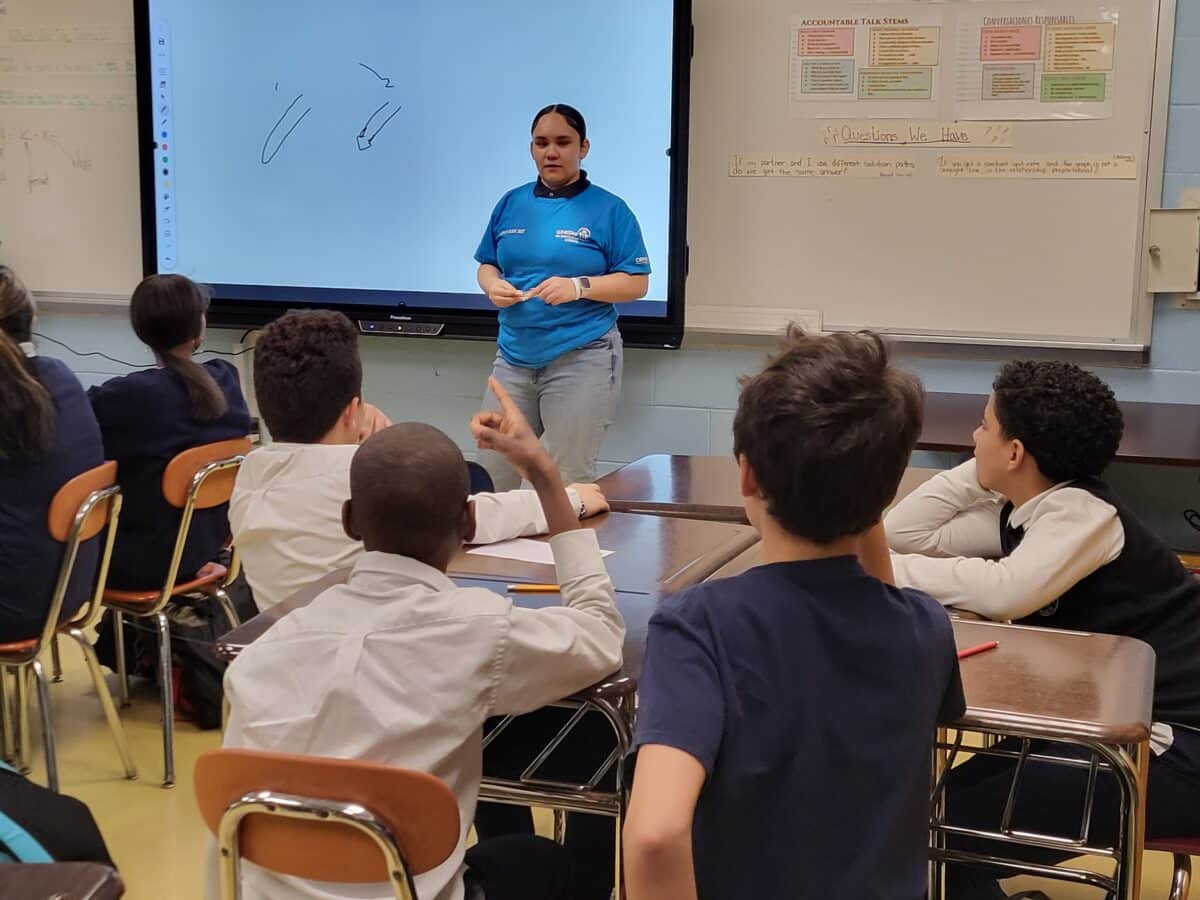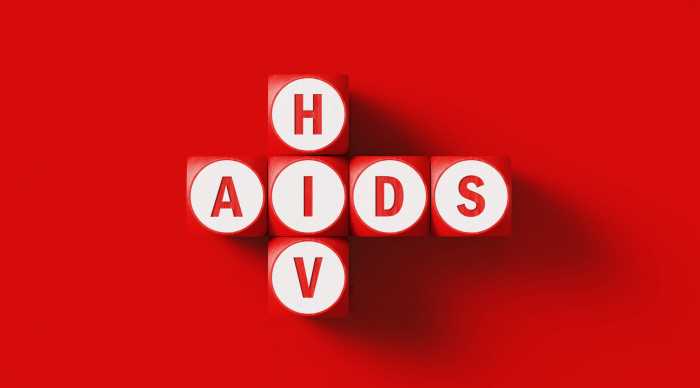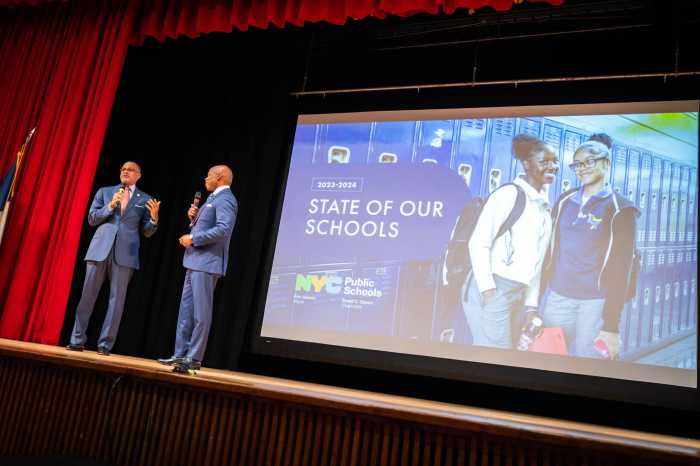An updated HIV curriculum was launched Tuesday across all school grades in New York City public schools.
Schools Chancellor David Banks announced the update Sept. 25 to the HIV curriculum—called “Growing up and Staying Safe: New York City K-12 HIV Education Curriculum”—noting that it hasn’t been revised since 2012.
The curriculum is skills-based, student-centered, and culturally responsive, according to the New York City Department of Education. The material also reflects recent advances made in HIV prevention and treatment guidelines in the last decade.
There are 71 new student lessons for all grades and six teacher trainings, including videos and stories that highlight the strength and diversity of New York City students. The lessons are designed to be age appropriate.
For example, the kindergarten lessons include read-aloud videos, the sixth grade lessons explore consent and risky situations for HIV transmission, and the 12th grade lessons explore stereotypes, discrimination, and becoming advocates.
The DOE’s Office of School Wellness Program partnered with HIV and medical experts and educators to develop the new family and teacher training materials. Both the DOE and the New York City Department of Health and Mental Hygiene will regularly review and update the curriculum moving forward with new and medically accurate information.
Banks stated that the new HIV curriculum incorporates direct feedback from public school educators and student focus groups; is grounded in equity and anti-bias; and is aligned with Social-Emotional Learning Competencies, a framework incorporating self-awareness, social awareness, responsible decision-making, self-management, and relationship skills.
“This work represents an ongoing commitment to student health and well-being, inclusivity and respect, and access to quality sexual health education,” Banks stated.
Adrian Guzman, the director of policy and external affairs for the New York City Department of Health and Hygiene’s Bureau of Hepatitis, HIV, and Sexually Transmitted Infections, called the new curriculum “age-appropriate, medically accurate, and LGBTQ-affirming.”
“My health department colleagues and I are proud to have supported efforts to ensure the new curriculum reflects advances in HIV science and public health practice, and emphasizes minors’ right to consent to HIV and sexual health services,” Guzman stated.
The previous HIV curriculum taught across New York State schools has been seen by some as biased against young women, casting shame on people, and worsening stigmas about HIV. The New York Civil Liberties Union had analyzed the state’s HIV curriculum in 2012 and found that LGTBQ students “are largely stigmatized or ignored entirely in health education classrooms.”
The NYCLU has taken action to hold the state’s education department accountable for improving its HIV curriculum. The NYCLU recently filed a records request to learn more about the progress the city’s DOE has made towards this.
While HIV diagnoses in New York City have largely declined over time from 2001 to 2021, there were 594 new HIV diagnoses across the 13- to 29-year-old age groups in 2021, according to the city’s HIV Surveillance Annual Report. The DOE believes the new curriculum will educate more students in New York City about HIV and support nationwide efforts to end the HIV and AIDS epidemic.
“New York City is the largest public school system in the nation, and a pioneer in best practices in student education,” Banks said. “That is why it is so critical that we ensure our young people are receiving the most updated information to keep them safe and healthy.”





























